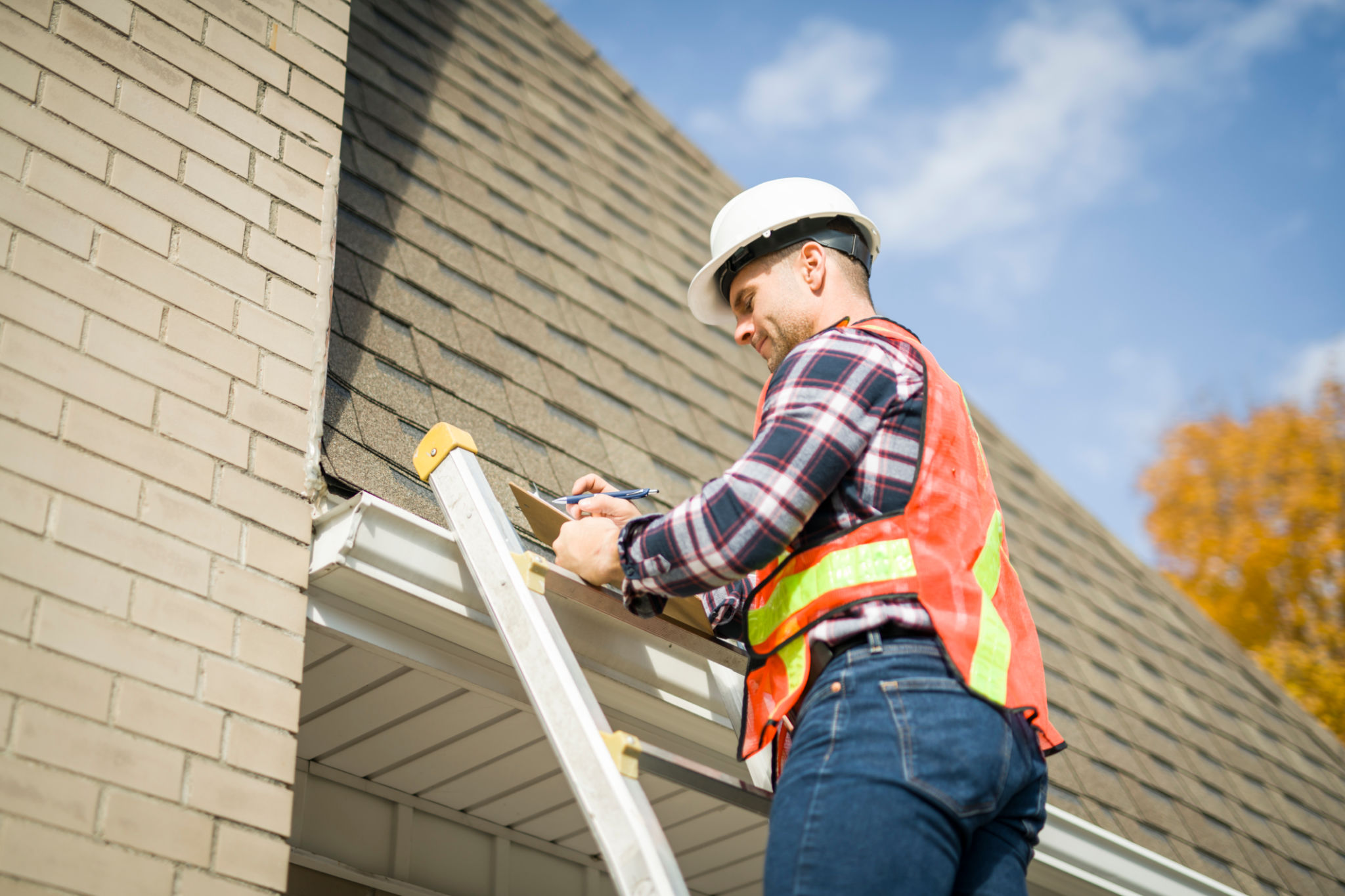Understanding Silver Spring’s Chimney Regulations: A Homeowner’s Guide
As a homeowner in Silver Spring, understanding local chimney regulations is crucial for both safety and compliance. Whether you're installing a new chimney or maintaining an existing one, knowing the rules can save you time and money.
Why Chimney Regulations Matter
Chimney regulations are designed to ensure the safety and efficiency of your home heating systems. They help prevent hazards such as chimney fires, carbon monoxide poisoning, and structural damage. By adhering to these rules, homeowners can enjoy peace of mind and a well-functioning chimney.

Basic Requirements for Chimneys
Silver Spring has specific requirements for chimney construction and maintenance. These include guidelines on materials, dimensions, and placement. All chimneys must be constructed with non-combustible materials and should adhere to the height requirements relative to the roofline. This ensures proper ventilation and reduces the risk of fire.
Height Regulations
The general rule for chimney height is that it must be at least two feet higher than any part of the building within ten feet. This regulation helps ensure that smoke and gases are properly vented away from the home, reducing health risks.

Inspections and Permits
Before constructing or modifying a chimney, obtaining the proper permits is essential. In Silver Spring, a permit is required for any significant chimney work. This ensures that all modifications meet the local building codes and standards.
Regular Inspections
Regular inspections are crucial for maintaining chimney safety. It's recommended that homeowners have their chimneys inspected at least once a year by a certified professional. This will help identify any potential issues early on and ensure compliance with local regulations.

Common Issues and Solutions
Some common issues that homeowners face include chimney blockages, cracks, and leaks. Addressing these problems promptly is vital to maintaining a safe home environment. Professional cleaning and repairs can mitigate these issues effectively.
Blockages
Blockages are often caused by debris, animal nests, or creosote buildup. Regular cleaning can prevent these obstructions and ensure efficient operation. Hiring a professional chimney sweep is recommended to handle this safely.
Conclusion
Understanding and adhering to Silver Spring's chimney regulations is essential for every homeowner. By following the guidelines and scheduling regular inspections, you can ensure your chimney is safe, efficient, and compliant with local laws. This not only protects your home but also enhances its value.